The North Berwick Golf Club honored double-winning European Solheim Cup captain Catriona Matthew by reopening a clubhouse lounge in her name last December. That’s why I thought I’d ask a few questions from Elaine McBride, the general manager of North Berwich Golf Club.
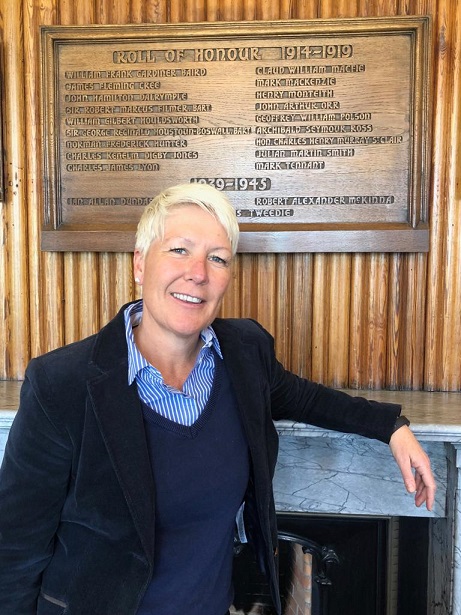
What is the customer experience (CX) vision of North Berwick Golf Club?
We are committed to providing the most enjoyable customer experience both on and off the course. Our authentic customer approach and our ability to build rapport with all players who play on the West Links is key to ensuring the customer journey is memorable and meets their expectations.
It is always important for us to recognise and understand our customers’ motivations and behaviours. As such I believe that we deliver one of the most personal and intimate golfing experiences. We want to ensure that the moment of playing on the West Links becomes a positive memory that remains with players forever.
Our main is to make every visitor who plays on the West Links feel like a member.
Which CX initiatives improved your customers’ customer journey?
Establishing a customer-centric culture is important to ensure that you can deliver congruency in what you promise. Consistency is key, as are the team who help to deliver the experience. It is important that the first player of the day receives the same experience as the last player.
We are lucky to have a highly professional and capable team, who takes personal pride in ensuring that every golfer who plays the West Links has the best possible experience with us.
We constantly review and measure our performance, embracing constructive feedback to strive to deliver excellence. If we encounter problems, then we would always move from the problem into a solution.
For example, if we know that a visiting group has played before the team will be aware of this and greet the group by name and reference the date that they had played previously, and chat about their previous visit.
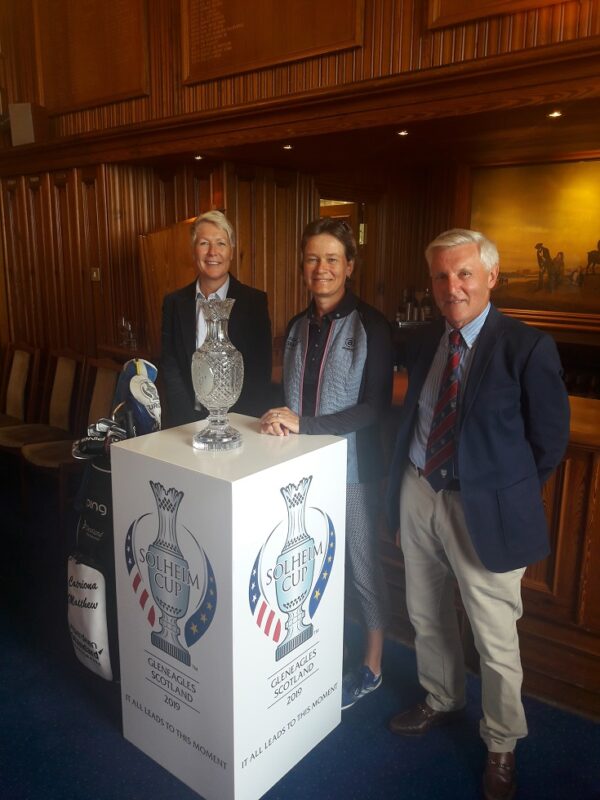
What is the future of golf club memberships? How do you manage the increased demand?
This will most probably differ from club to club based on many factors, including business models and financial modelling. We have a slightly unusual business model, in that we lease the land from East Lothian Council and manage the lease on behalf of the three clubs who have access to the West Links (North Berwick Golf Club, Tantallon Golf Club, and Bass Rock Golf Club).
The lease specifies the maximum number of members and associated membership categories permitted by each club and also the parameters in which we can welcome visitors to play the West Links. As such we probably encounter different challenges from other clubs.
The game of golf has not fundamentally changed in hundreds of years, but the social and economic map of the world has changed a great deal, which has directly created the various challenges that many golf clubs now face. A lot of people don’t simply have time to play 18 holes of golf because of various work or family pressures and I think the perception of golf is still very poor.
As an industry we are not very good at selling the concept of golf, people’s perceptions are quite strong and their perception is their reality, so that’s a very powerful image that many people carry with them about golf.
Currently, there is so much choice and so many options open to golfers in the UK. The tradition of being a member of a golf club has somewhat evolved and there is now such a high number of transient or nomadic golfers in the UK.
If they can have a round of golf at a relatively good price or a price that they perceive as value for money, then a lot of people are going to gravitate towards that rather than committing and being a member and having to pay an annual subscription, which may include a joining fee. Many people want value for money.
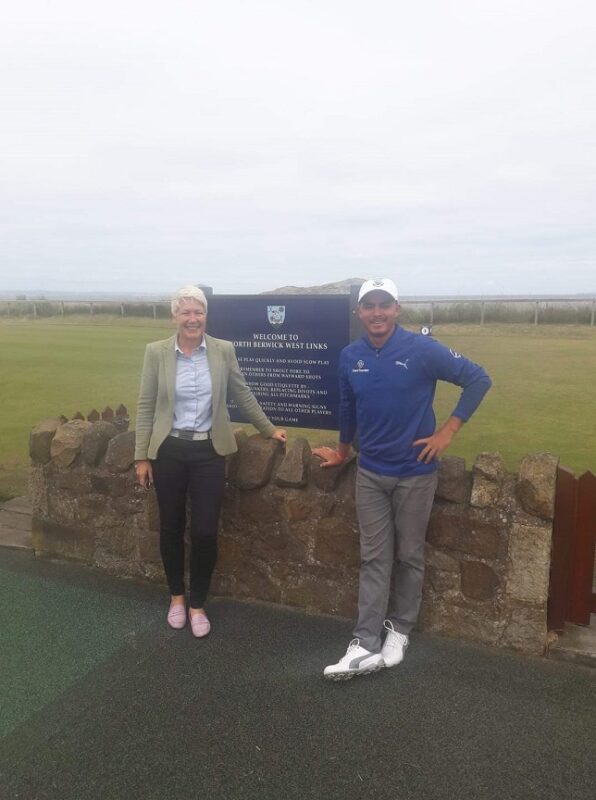
Golf is still not a mainstream sport or offered within many schools’ curriculums. In Scotland, it is more accessible but there will be a lot of children that will come through school having never encountered golf unless a parent or a grandparent is actually involved in the game.
So many other sports have grown in the last 5 to 10 years, such as cycling, women’s football, etc. as they appear to be much more accessible, affordable, and inclusionary. I think the fact that golf is no longer on terrestrial television and is not as accessible or visible in households or people’s living rooms, can also have an impact in relation to visibility.
A lot of people perceive golf as unwelcoming, stuffy with too many rules, and lots of can’t do or mustn’t do. I think it is about how we can engage more, it is all about visibility, likability, and credibility and I think the industry as a whole does need to work on certain aspects within those three areas.
How do you develop an inspiring & motivating company culture?
Being able to create a positive and collaborative culture is vital. Creating an environment of empowerment and accountability provides personal growth opportunities for all the team. My mantra has always been “ask for forgiveness, not for permission”.
Taking the time to understand the personality traits of the team and how to adjust your own personality and behaviour to get the best from them is important. I am a massive advocate of NLP (Neuro-Linguistic Programming).
When you have a varied and mixed team with different behaviours, attitudes, mindsets, and experiences it is fascinating and can often create the beat and tone of the club.
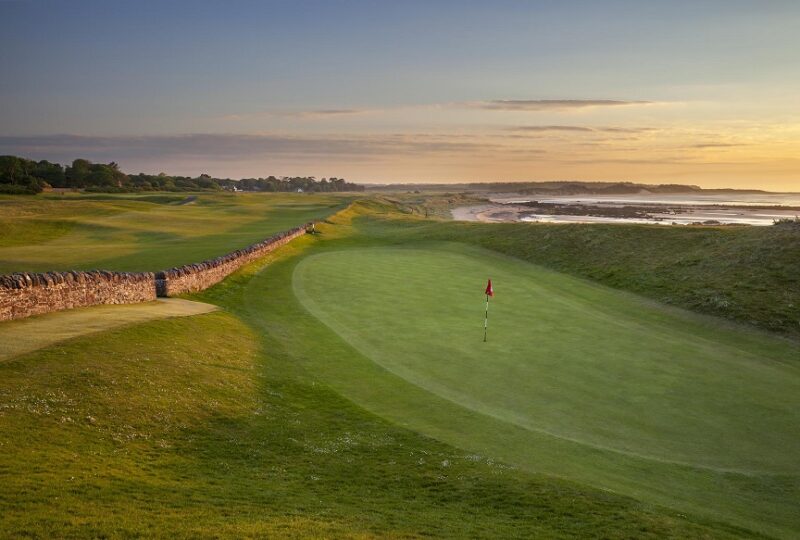
All too often in the golf industry, we become very focused on people having skillsets from a technical capacity or a competence, for example how to read a budget or complete a course assessment, use a portable sprayer, etc.
However, the focus around peoples’ actions, behaviours, and their thoughts, and feelings are just as important.
Understanding how people act and behave, their beliefs, communication, ability to build rapport will assist greatly when managing a team.
Modelling concepts such as transactional analysis, perceptual positioning, cats & dogs are great tools when interacting with people.
I became very engaged with NLP. It doesn’t just help you in a professional capacity; it can help you in a personal capacity. It can help you to understand when to manage and when to lead.
They are both very different things and sometimes we can be too bogged down in managing rather than leading or too task-focused without understanding how your team feels about being involved in the journey.
I think there are a lot of golf club committees who would also benefit from NLP training. Committee members also have a part to play within golf clubs and they too need to develop their beliefs and behaviours to better develop relationships with the professional teams employed at clubs and of course the membership in general.
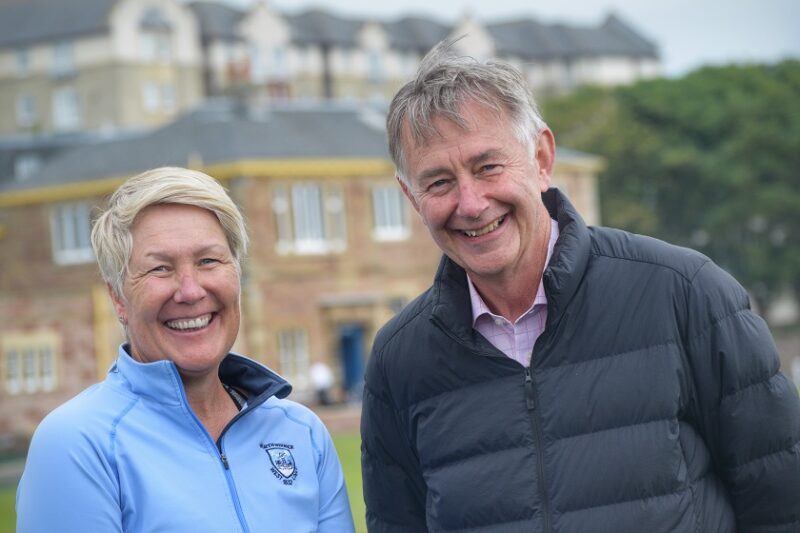
What are your pieces of advice to those who would like to become GEO Certified*?
If clubs have the resources and tools to embark on their GEO accreditation journey, I would be an advocate of this. Having the accreditation can be very advantageous with support for grants and funding, along with marketing opportunities to name a few.
We live in a time where sustainability and climate action are key talking points, and we can all make a positive contribution to this.
For us, it is important that the club integrates well with the surrounding landscape character, and we work with the typography and vegetation to ensure the views, the vistas, and the quality of the playing experience are maximised.
There are many projects we are working on or have already completed so we can protect and enhance the natural habitat and contribute to wildlife conservation in and around the course.
There are processes and procedures around managing natural and protected areas on the course, looking at habitat and species surveys, how we manage the grassland areas, minimising the application of chemicals, and adapting to the challenges of new approaches in relation to agronomy.
We are also committed to
- maximizing renewable sources in relation to energy,
- sustainable procurement of products and services,
- how we handle and dispose of waste and reducing the risk of pollution.
It is important to raise the awareness of the club’s environmental programme with staff, members and visitors so they also have an understanding of what we are trying to achieve.
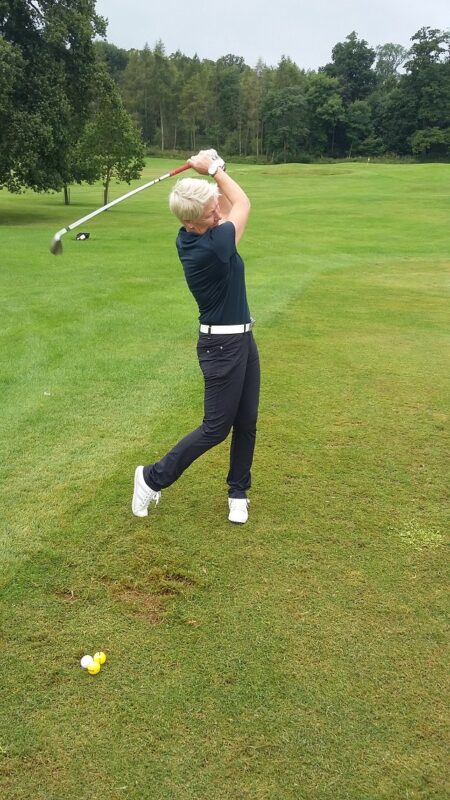
How do you prepare for the future golf generations? (E.g., Millennials, Generation Z)
Ensure that golf remains relevant. Create a healthy blend of traditional and modern views to ensure that the game can continue to grow and be accessible for all.
As the world and the game of golf evolve, we will be presented with a number of challenges. In golf, challenges such as climate change, resource constraints, and changes to regulations will affect every club, of every size, everywhere around the world.
If key areas are not strategically addressed, future generations may not be able to enjoy the game as we know it today. Futureproofing the game relies on changing the attitudes and behaviours of key stakeholders within the sport, through quantifiable research, ongoing education, and transparent communication.
In 2018, the R&A established Golf Course 2030 (GC2030), an industry initiative to consider the positive and negative impacts of climate change, resource constraints, and the impact any future regulation could have on golf course condition and playability.
The goal of this work is to create a road map that comprehensively considers potential future challenges and details a range of scenarios at different levels of severity to help us overcome them. We need to continue to move forward so we can all continue to enjoy every part of the game we all love.
*North Berwich Golf Club is GEO Certified since 2016.
